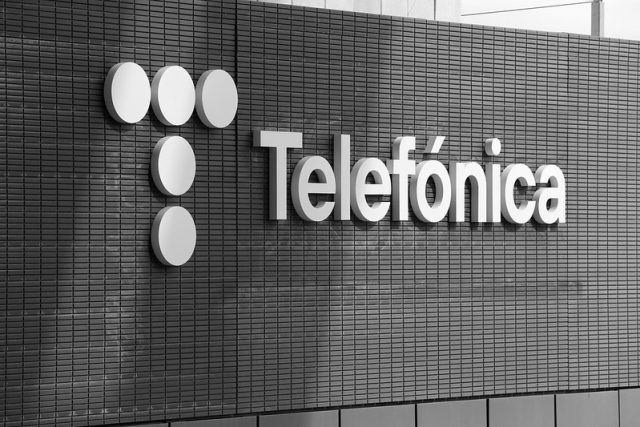
On December 19th the Spanish government made a crucial announcement for the European telecommunications sector.
The Spanish Council of Ministers ordered the agency Sociedad Estatal de Participaciones Industriales (SEPI) to buy up to 10% of Telefonica’s shares, a leading Spain-based multinational company in the telecommunications sector. The current market value of that stake sums up to 2 billion euros.
SEPI falls within the Ministry of Finance’s purview and is a strategic tool for moves like this.
With SEPI’s action, the Spanish government is set to become Telefonica’s largest shareholder.
The proposal to become Telefonica’s largest shareholder was presented by the Spanish Minister of Finance and Public Service, María Jesús Montero, who shared the following statement: “Telefonica is one of the most important companies in the country, a leader in the telecommunications sector and key in other strategic fields. The company is decisive due to its industrial capabilities and areas of knowledge, since it develops activities relevant to the economy and the productive fabric, including those related to security and Defence.”
Montero—also Deputy Prime Minister—emphasised that the company provides information and telecommunications services, and infrastructure for Defence within the national territory and during military operations abroad.
Indeed, Telefonica is one of Spain’s largest Defence contractors. Telefonica oversees the implementation of the I3D, a telecommunications network that links the Ministry of Defence with the military’s fleet, units, and bases.
Just this year, Telefonica secured contracts with the Spanish Defence apparatus of more than 74 million euros for several satellite communication services.
The Spanish Navy also hired Telefonica to build a private 5G infrastructure network to connect its ships.
With Spain set to meet is goal of investing 2% of its GDP in Defence by 2030, Telefonica is positioning itself as an indispensable contractor.
Minister Montero explained that the government’s intention behind this move is to supply the telecommunication company with a greater shareholder stability due to its long-term commitment, providing Telefonica with greater windows of opportunity to reach its goals, while also protecting the company’s strategic competence.
Socialist Pedro Sánchez’s government made this move less than six months after the Saud Telecom Company (STC) bought 9,9% of Telefonica’s share, a controversial acquisition that raised concerns in the Spanish security establishment.
The Saudi acquisition was worth 2.1 billion euros, 4,9% in the form of direct actions and the other 5% acquired through other financial derivates.
As the main shareholder of Telefonica, SEPI will assure itself a spot in the board of directors of the company, which is set to renew five positions of its highest decision-making body next year.
There are key national (and European) security impliacations at play. While Sánchez’s government has not justified its decision solely on the basis of security-related arguments, Telefonica has within its operations some of the most critical infrastructures not just for the Defence apparatus, but for the public.
According to company numbers, just in Spain, Telefonica has a 111% penetration, with almost 51 million clients. Its services extend to another 23 countries.
Telefonica also provides key cybersecurity services for other public institutions.
According to observers, the government’s move has reassured many in the security establishment that no foreign power has the largest stake for such a critical provider of the European Union’s fourth largest economy.
With SEPI’s inclusion in the list of Telefonica’s shareholders, Spanish capital now dominates a significant portion of the company’s shares. Together, SEPI, Caixa Bank, the Criteria Holding, and the Banco Bilbao Vizcaya Argentaria (BBVA) sum close to 21% of the shares of Telefonica.
From a European point of view, Spain’s move calms the fires the September STC move ignited. Nevertheless, there are still unanswered questions about how the government allowed the STC acquisition of 9,9% of Telefonica’s share.



 Subscribe
Subscribe